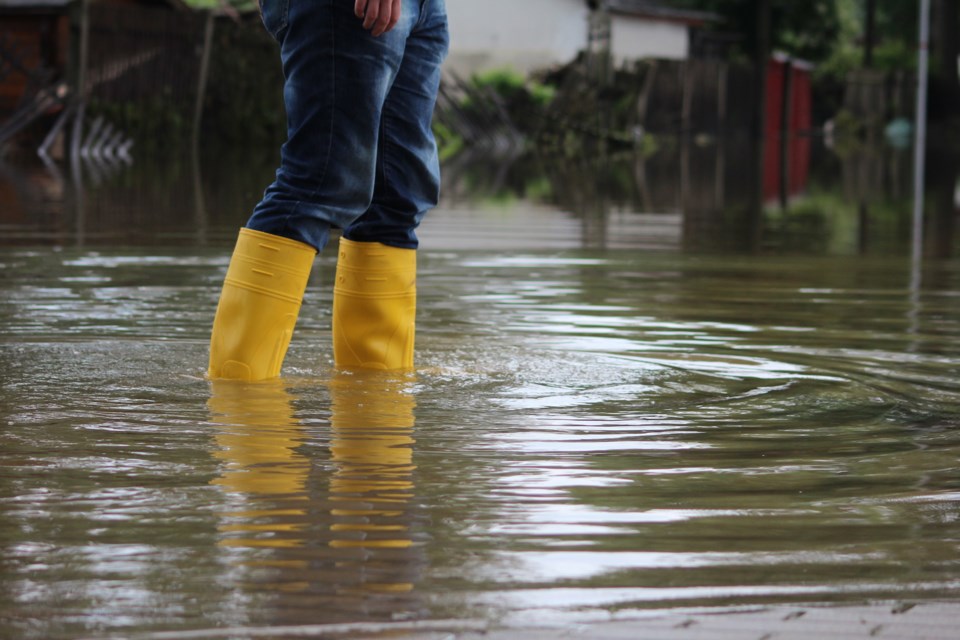Earlier this week the provincial and federal governments announced a $228 million funding package to assist farmers affected by the devastating flooding in November.
The package promises less red tape in the application process and will provide up to 90 per cent compensation for affected farms generating less than $2 million and up to 70 per cent compensation for farms generating more than $2 million in revenue.
Reactions from representative farming associations to the funding package has been positive.
“As the organization representing British Columbia’s farmers and ranchers, BC Agriculture Council wishes to thank ministers Bibeau and Popham, government staff, first responders and British Columbians for your incredible demonstration of support to the agriculture sector since the weather events in November,” said Stan Vander Wall, President of the BC Agriculture Council BCAC.
Although I have not visited Abbotsford or the Sumas prairie since the flooding, I have heard about the resulting carnage from the farming community. Depending on the operation, some processing and packaging operations have been rendered useless. Farm equipment has been destroyed and barns and farm homesteads completely wiped out. The loss of farm animals and of carefully nurtured farm fields is staggering.
One 70 acre blueberry farm, that has been family owned and operated for three generations, has been completely obliterated.
It takes about eight years to cultivate a mature productive blueberry field and this particular farmer will have to start all over. In the short-term, there will be no crop this year and this family will be looking to shift gears to take care of their families. The funding announcement will certainly help farmers to get some traction this year in the hopes that past successes repeat themselves in the near future.
We certainly do not want to see this happen again and although Mother Nature reigns supreme in its unweilding strength, perhaps more funding should become available for mitigation strategies and agri-tech solutions to assist in preparedness for future events.
The provincial and federal governments should dedicate a budget line item to diking for instance. This much-needed, but massively expensive infrastructure, is out of local governments’ hands, but if we want to keep our local food systems safe and secure, we better start planning, building and upgrading now.
How are we doing locally? So far so good, but we can’t assume we are immune to a Fraser River event in the future.



